Calculus 1 Final Exam Study Guide
1/37
There's no tags or description
Looks like no tags are added yet.
Name | Mastery | Learn | Test | Matching | Spaced |
|---|
No study sessions yet.
38 Terms
The (Limit) Definition of the Derivative F'(X)
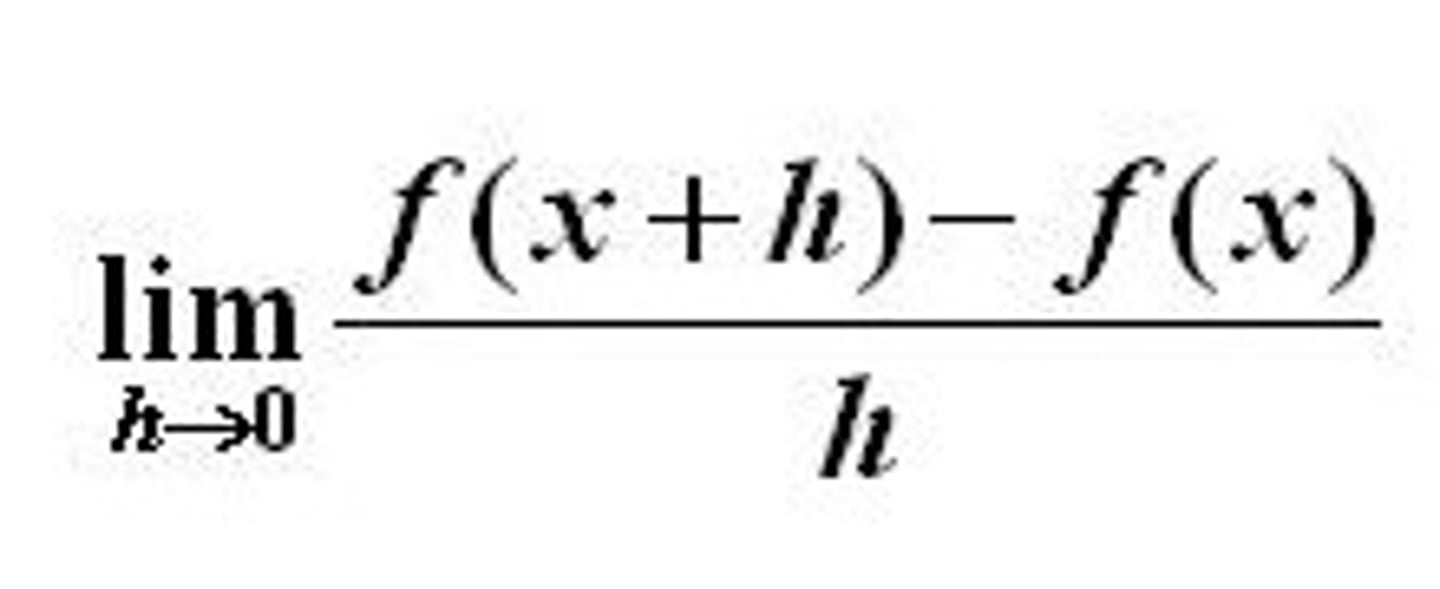
Mean Value Theorem
Suppose y=f(x) is continuous over a closed interval [a,b] and differentiable on the interior (a,b) then there is at least 1 point "c" such that
![<p>Suppose y=f(x) is continuous over a closed interval [a,b] and differentiable on the interior (a,b) then there is at least 1 point "c" such that</p>](https://knowt-user-attachments.s3.amazonaws.com/7dcf5745-7e97-4f13-be7d-4f0fbac1c62a.jpg)
The Definition of Continuity at x=a
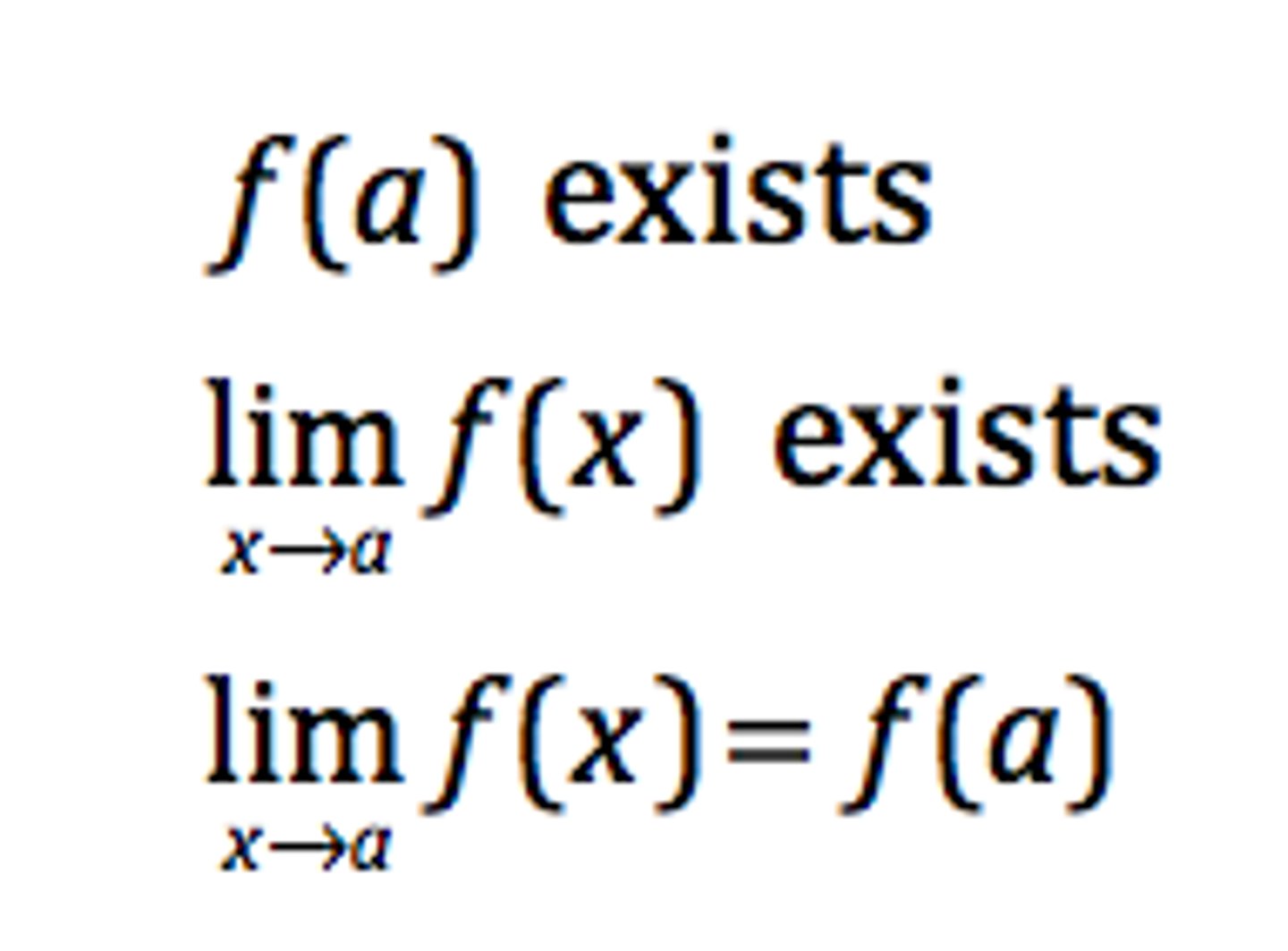
First Fundamental Theorem of Calculus
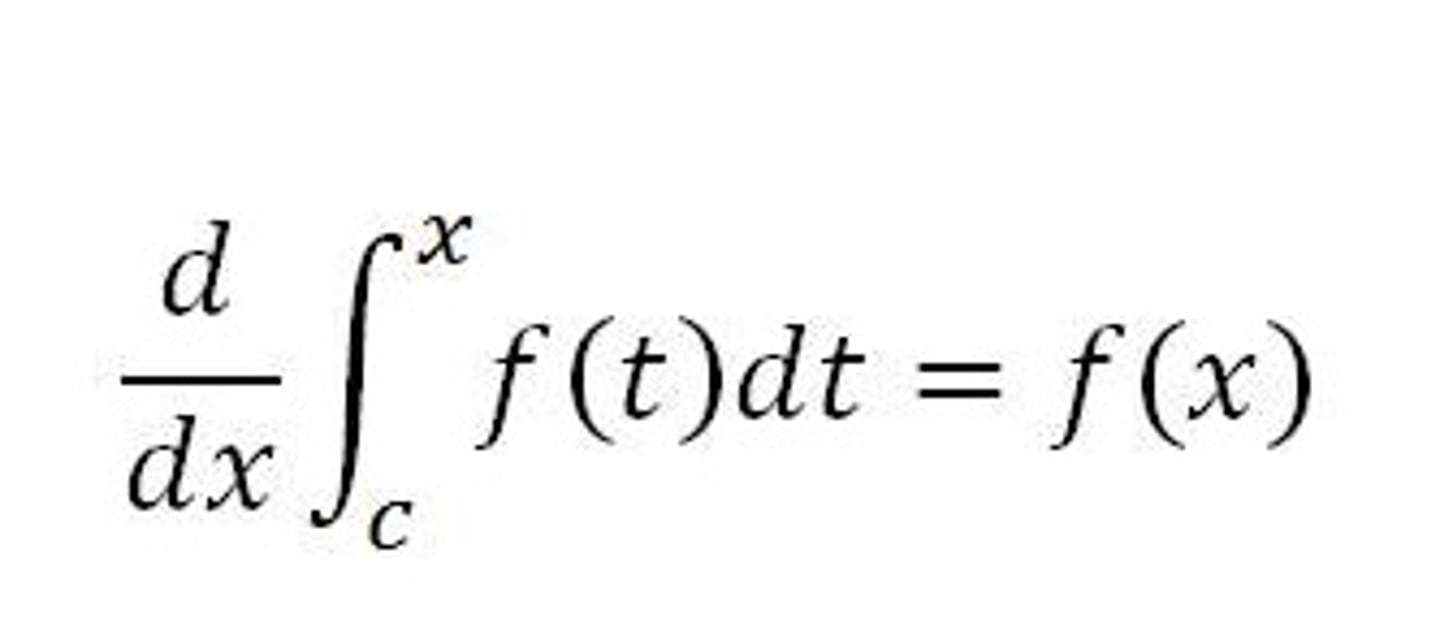
Second Fundamental Theorem of Calculus
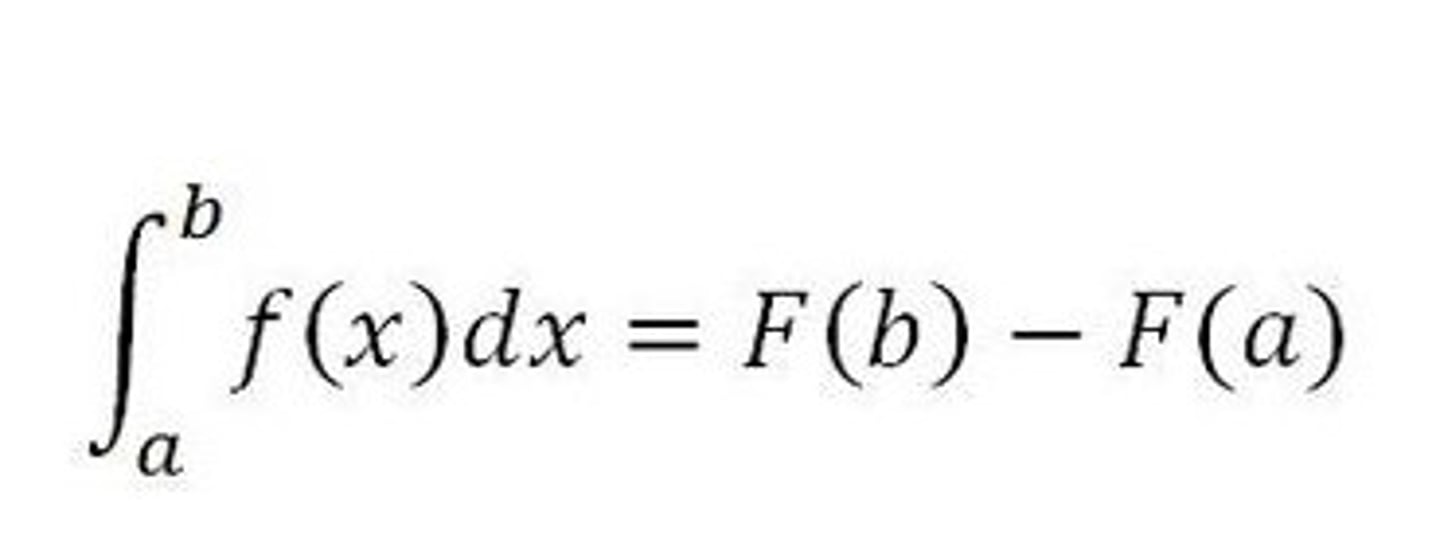
The Extreme Value Theorem
If f is a continuous function on a closed interval [a,b], then f attains an absolute max M and absolute min m on the interval [a,b] that is there exists x1, x2 in [a,b] such that f(x1)=M and f(x2)=m.
![<p>If f is a continuous function on a closed interval [a,b], then f attains an absolute max M and absolute min m on the interval [a,b] that is there exists x1, x2 in [a,b] such that f(x1)=M and f(x2)=m.</p>](https://knowt-user-attachments.s3.amazonaws.com/9bfd521d-2300-4dfe-b9d7-835fc944a02f.jpg)
Average Rate of Change
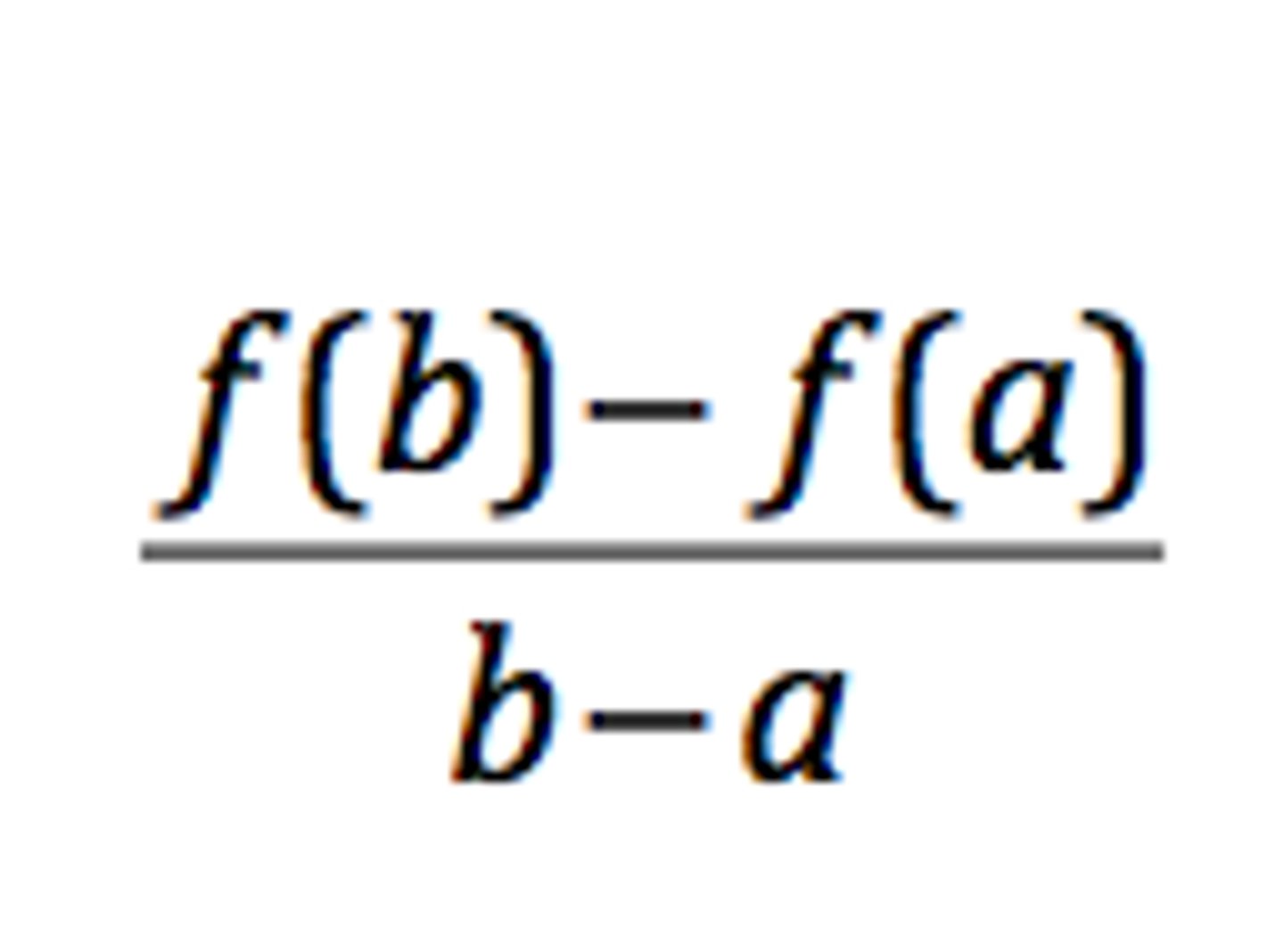
Average Velocity
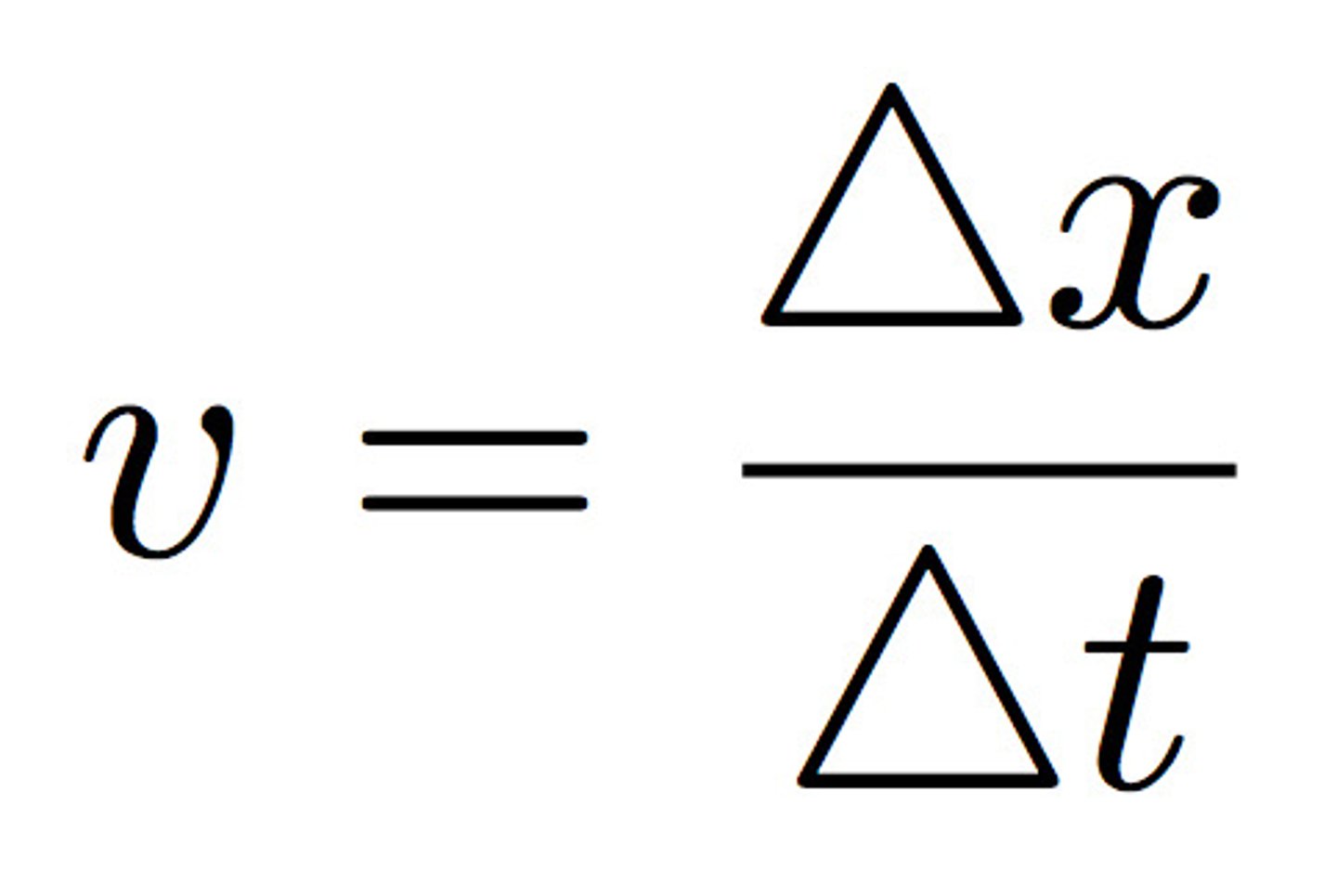
Instantaneous Rate of Change

Average Value of a Function
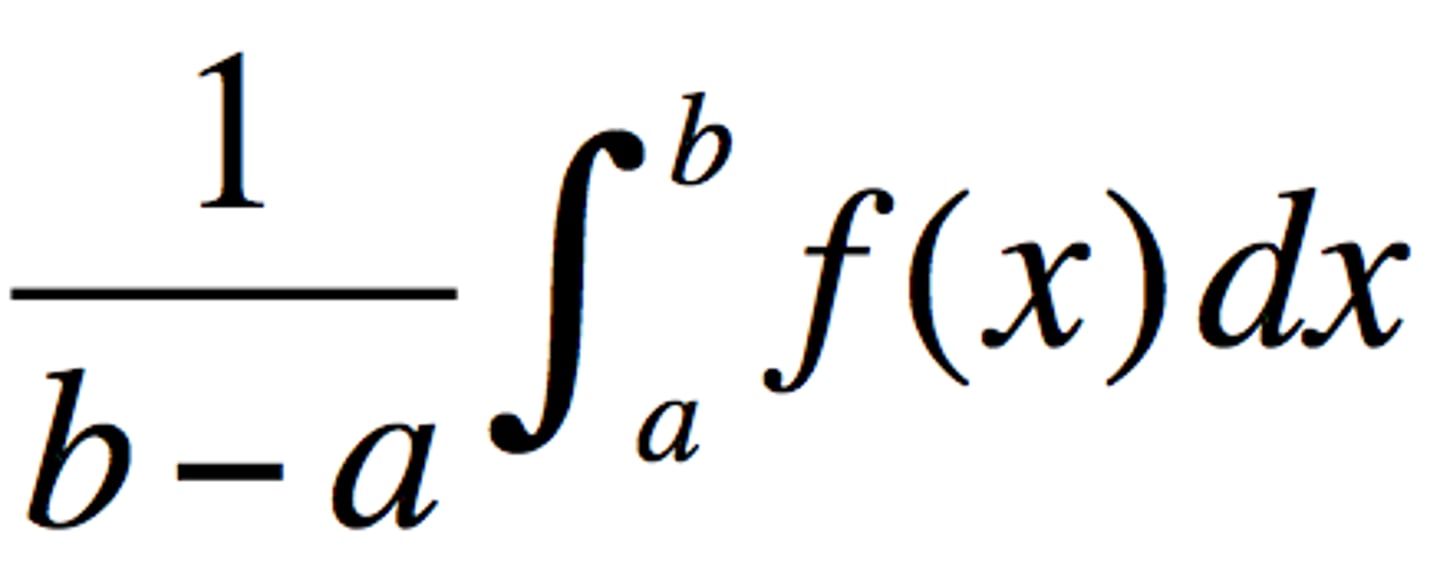
Tangent Lines
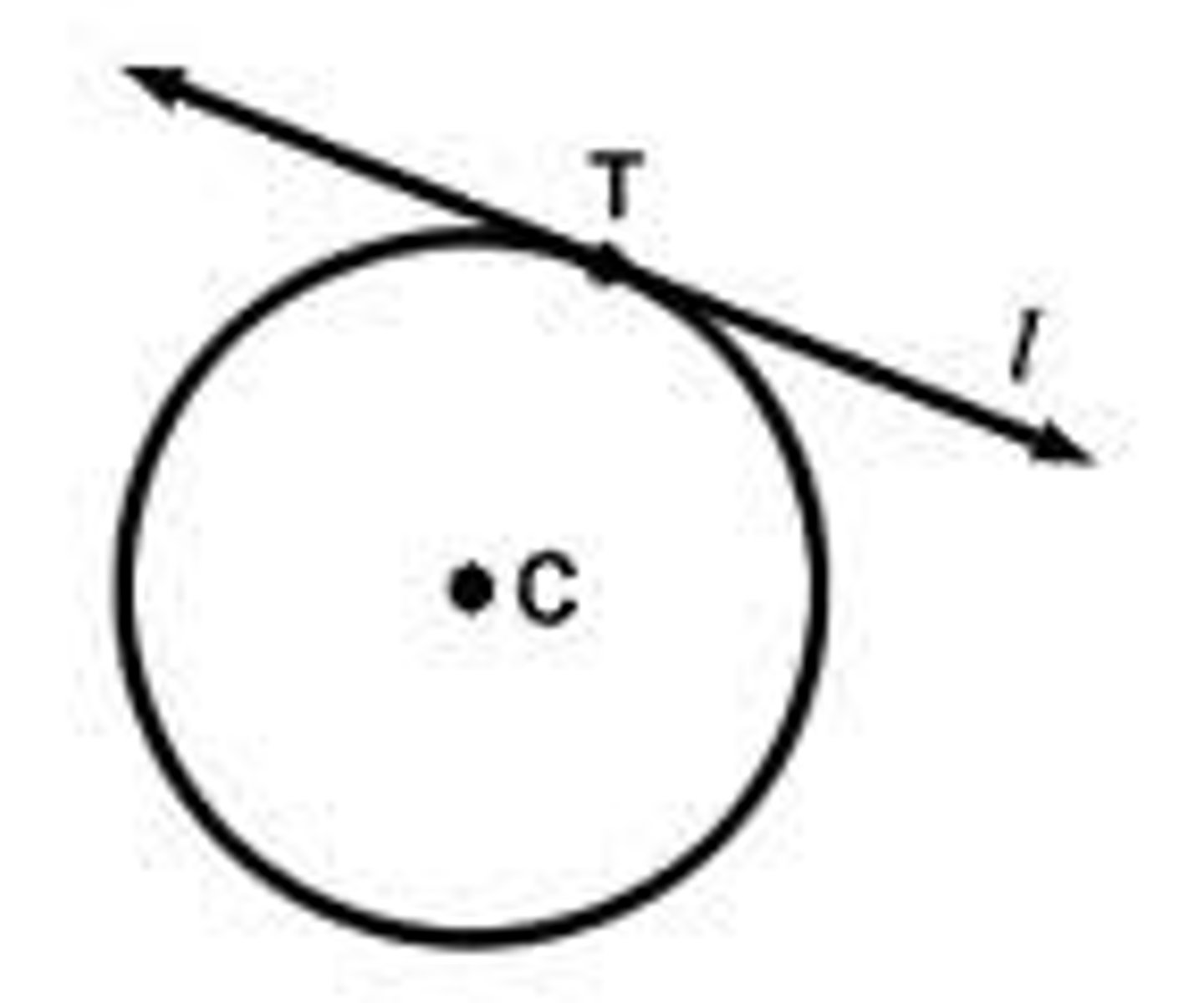
Linearization of a Function at a point
Tangent line- if f is differentiable at x=a; L(x)=f(a)+f'(x-a)
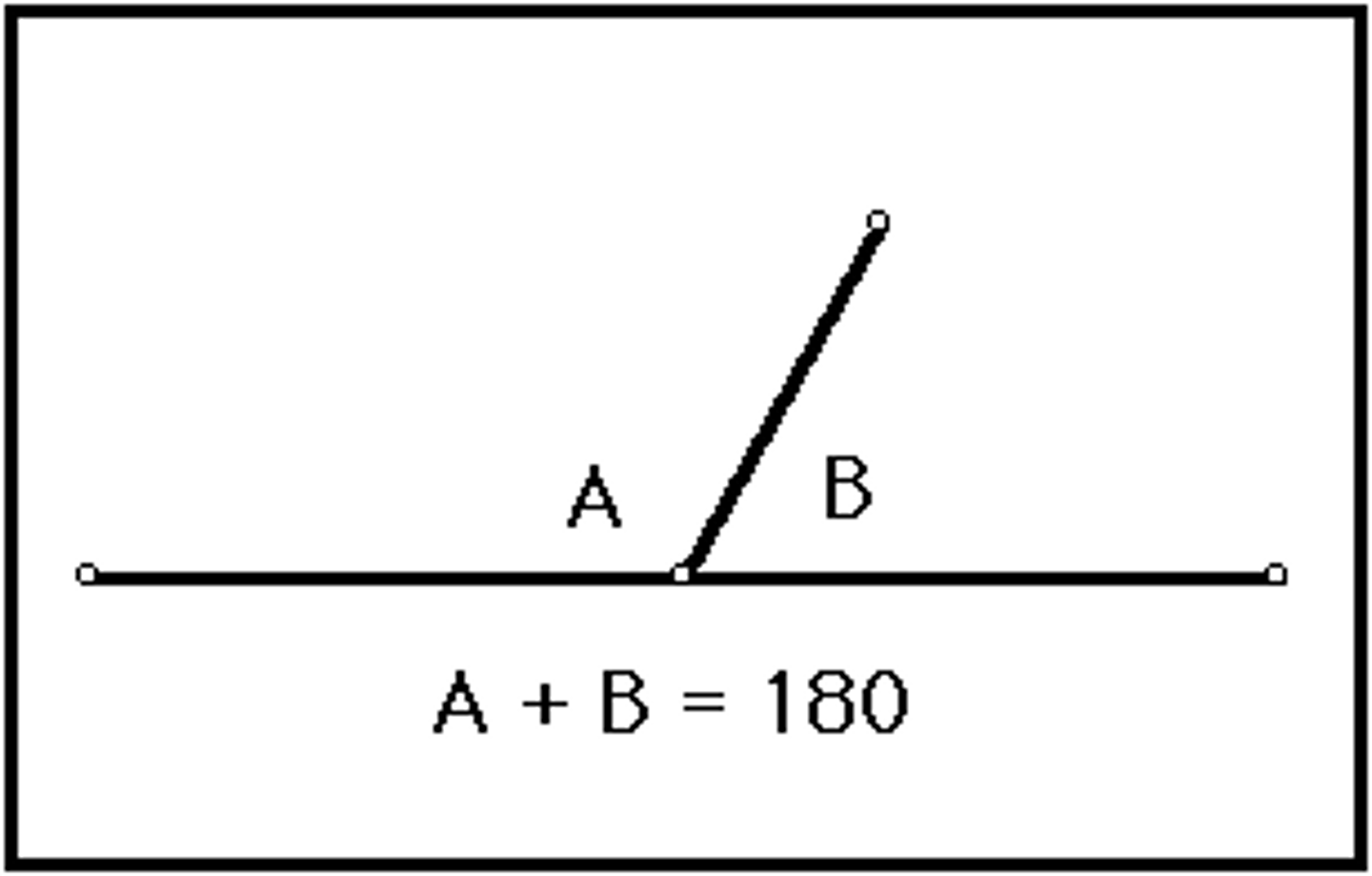
Surface Area of Sphere
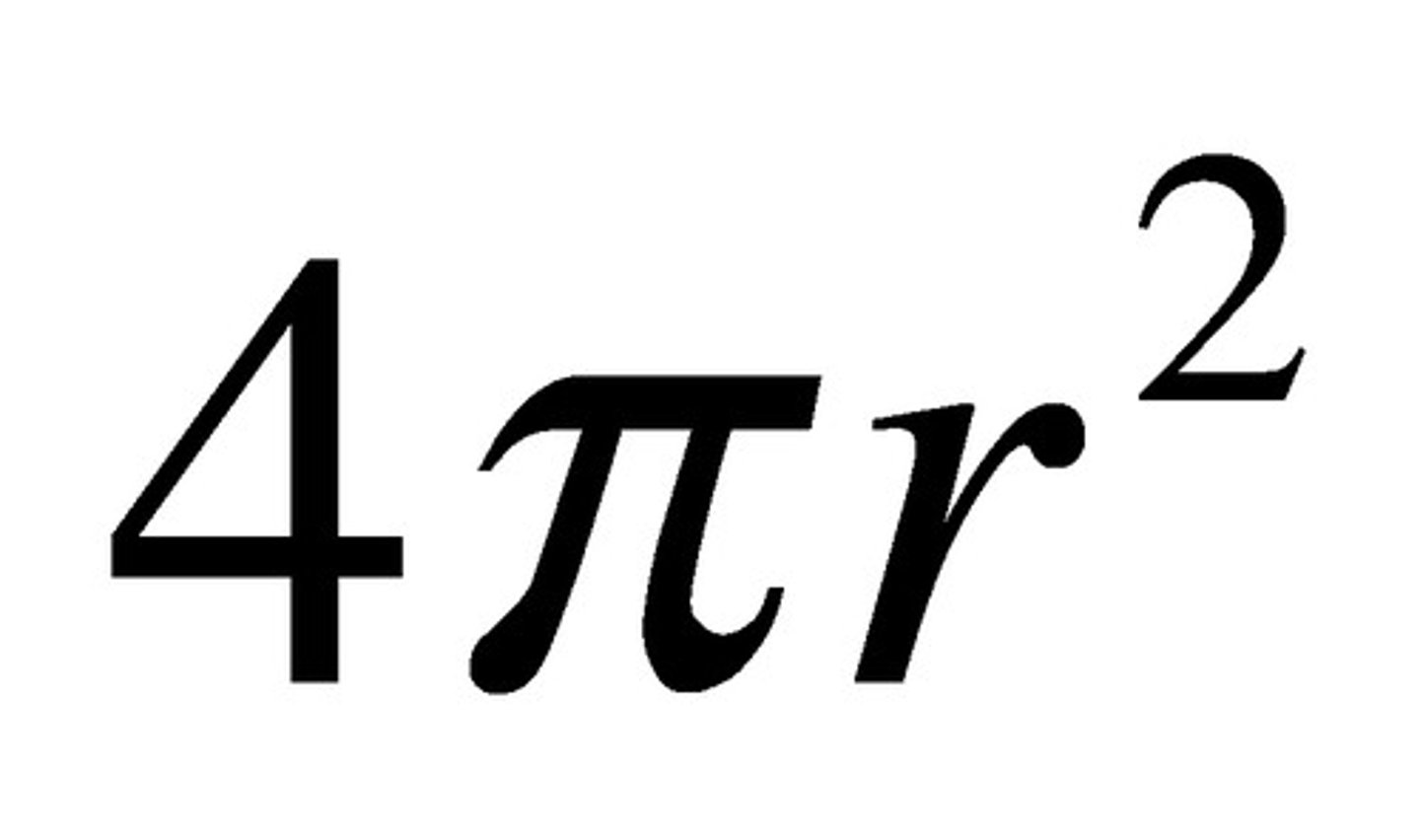
Volume of Sphere
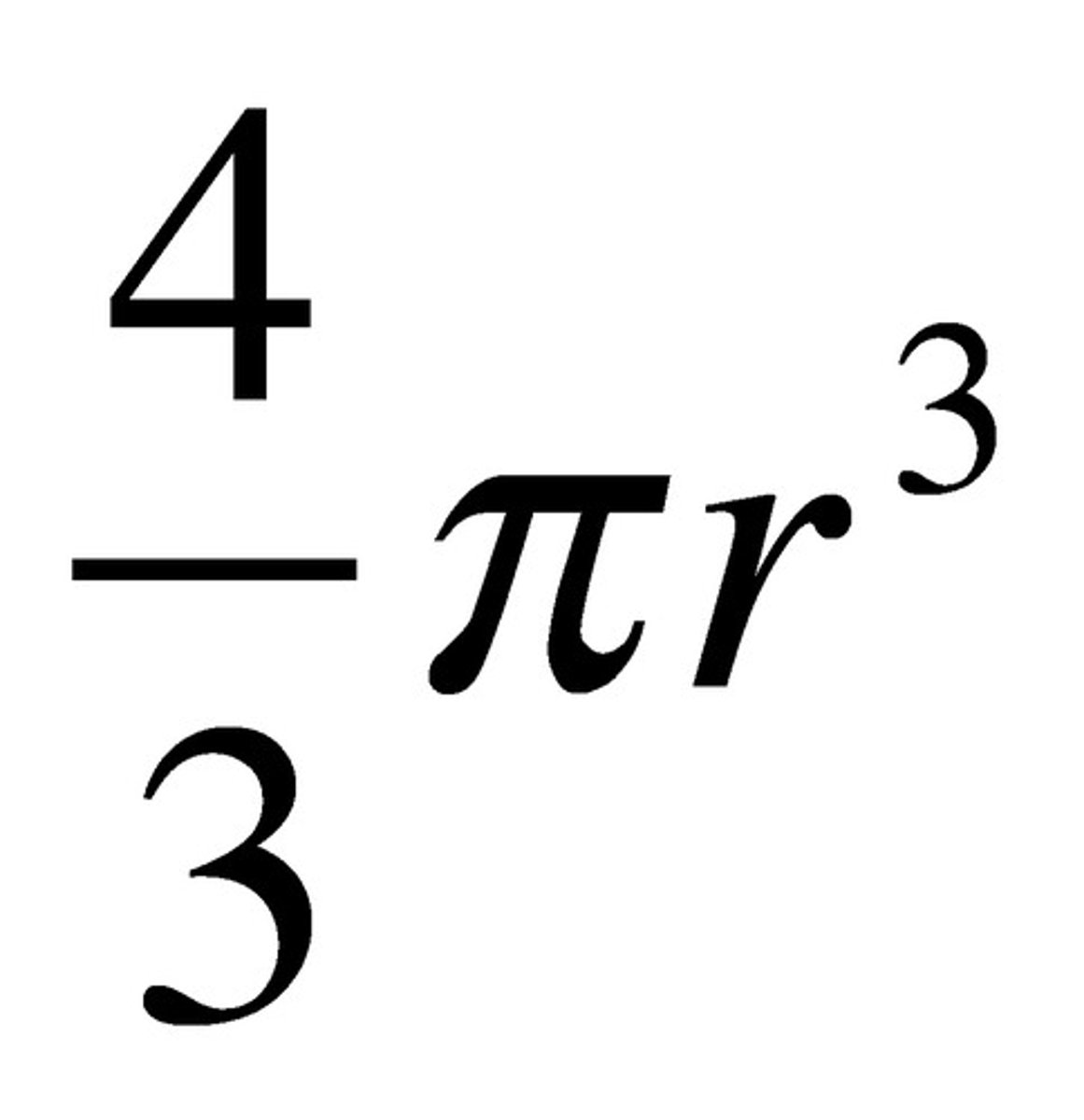
Surface Area of Cylinder

Volume of Cylinder
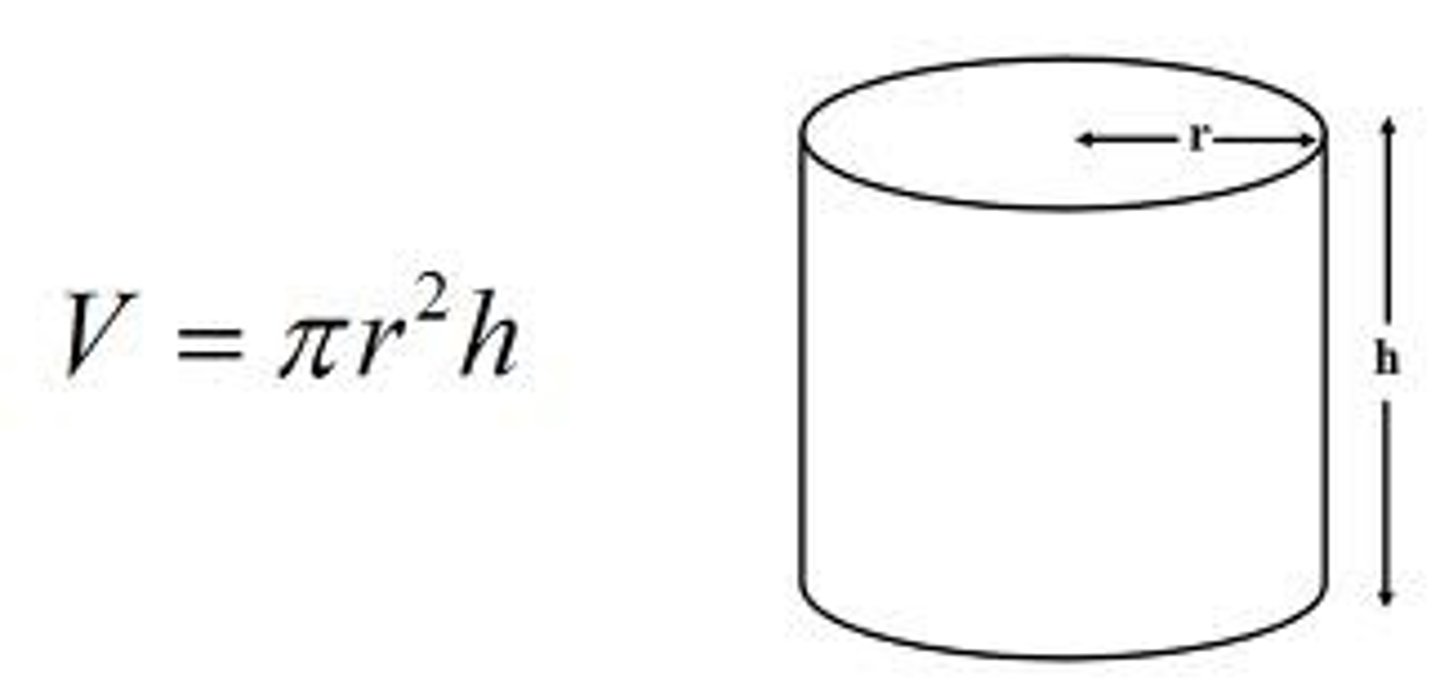
Surface Area of Cube

Volume of Cube
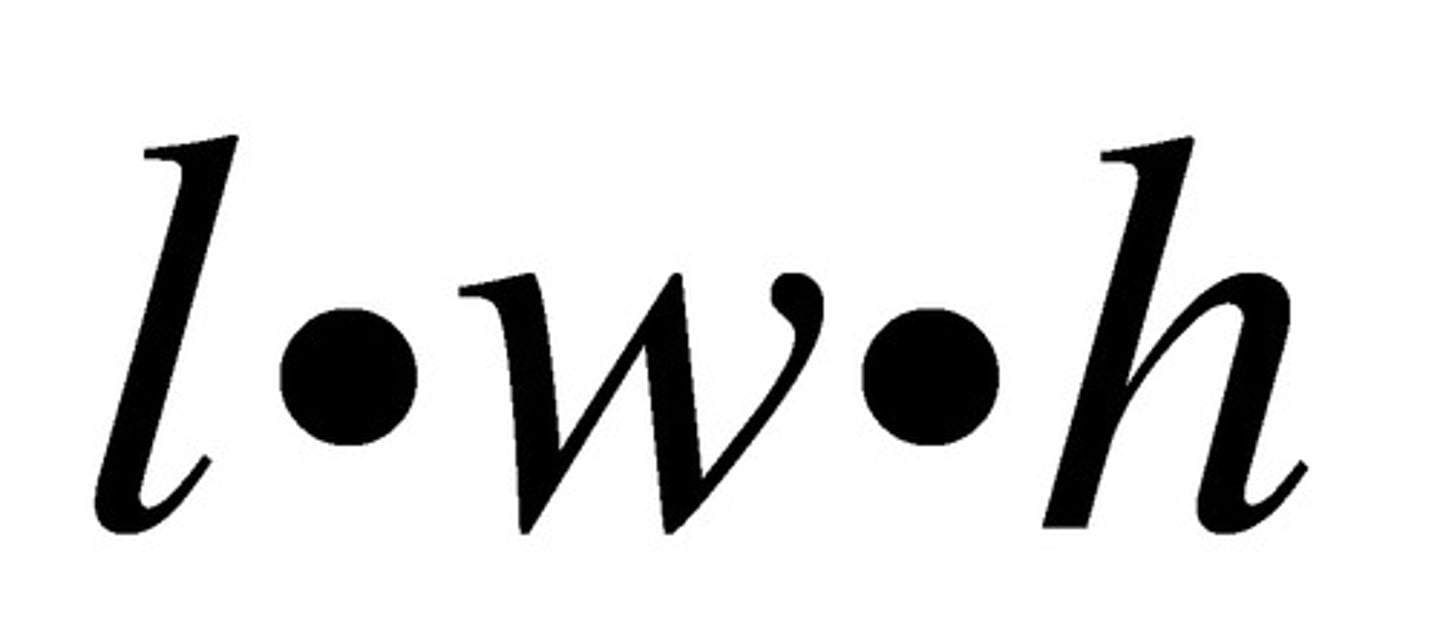
Area of Circle
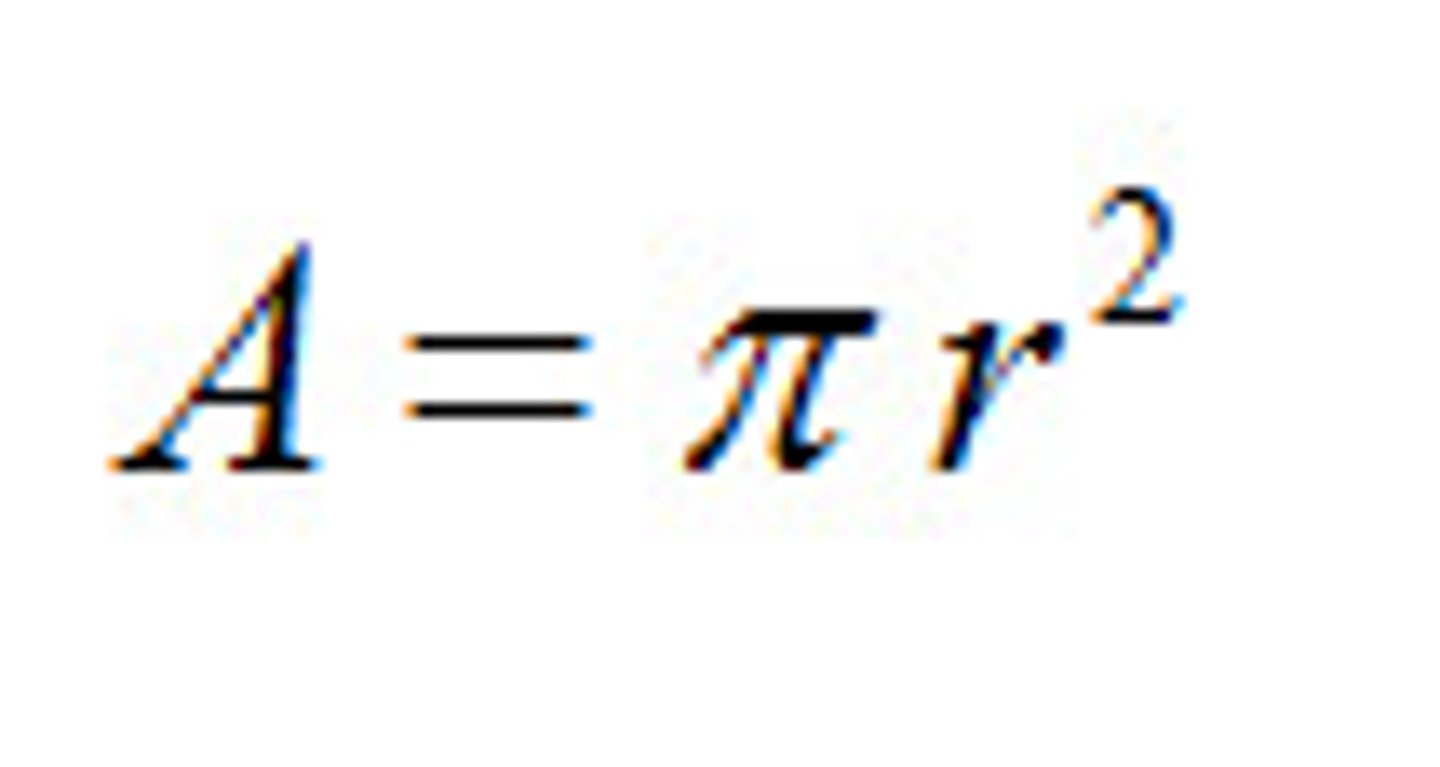
Perimeter of Circle

Area of Triangle
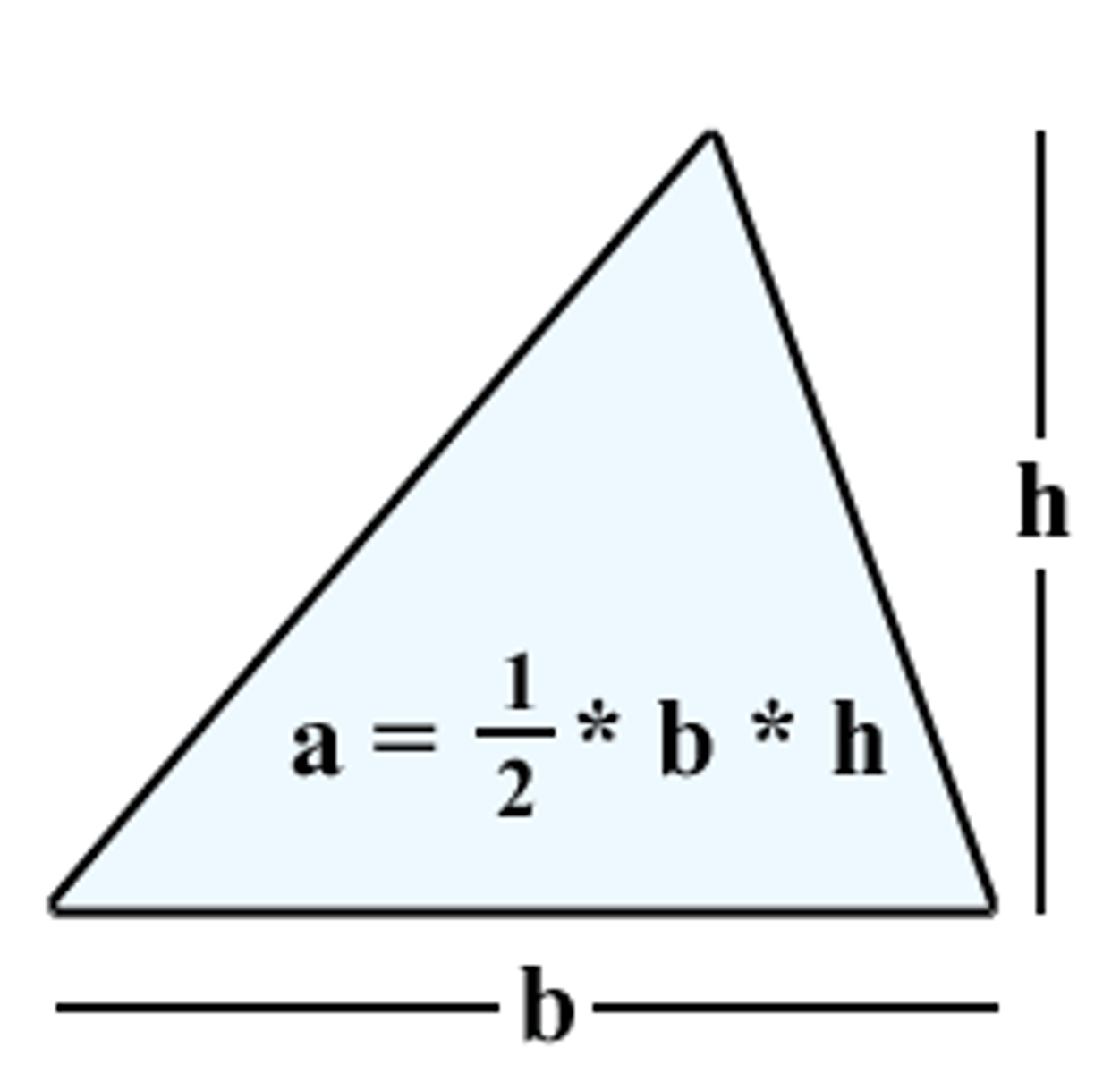
Perimeter of Triangle
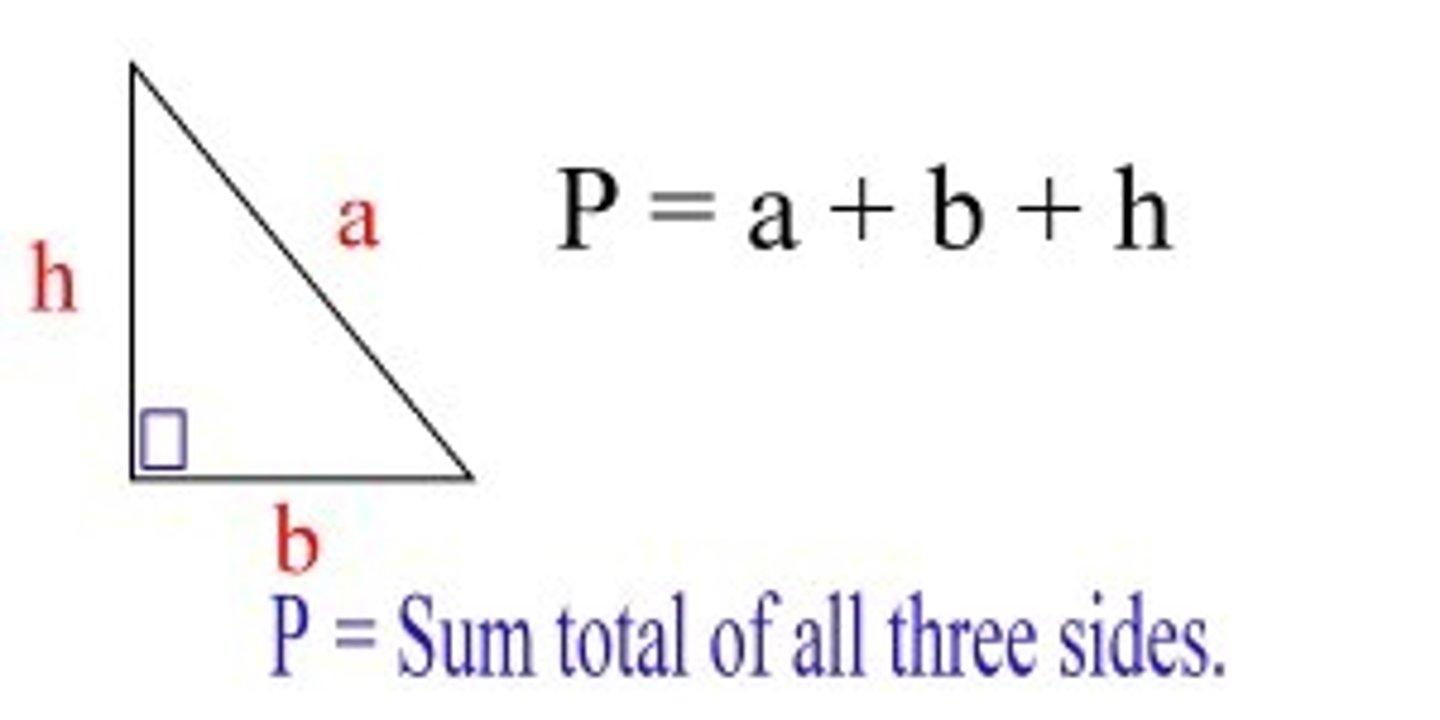
Area of Rectangle
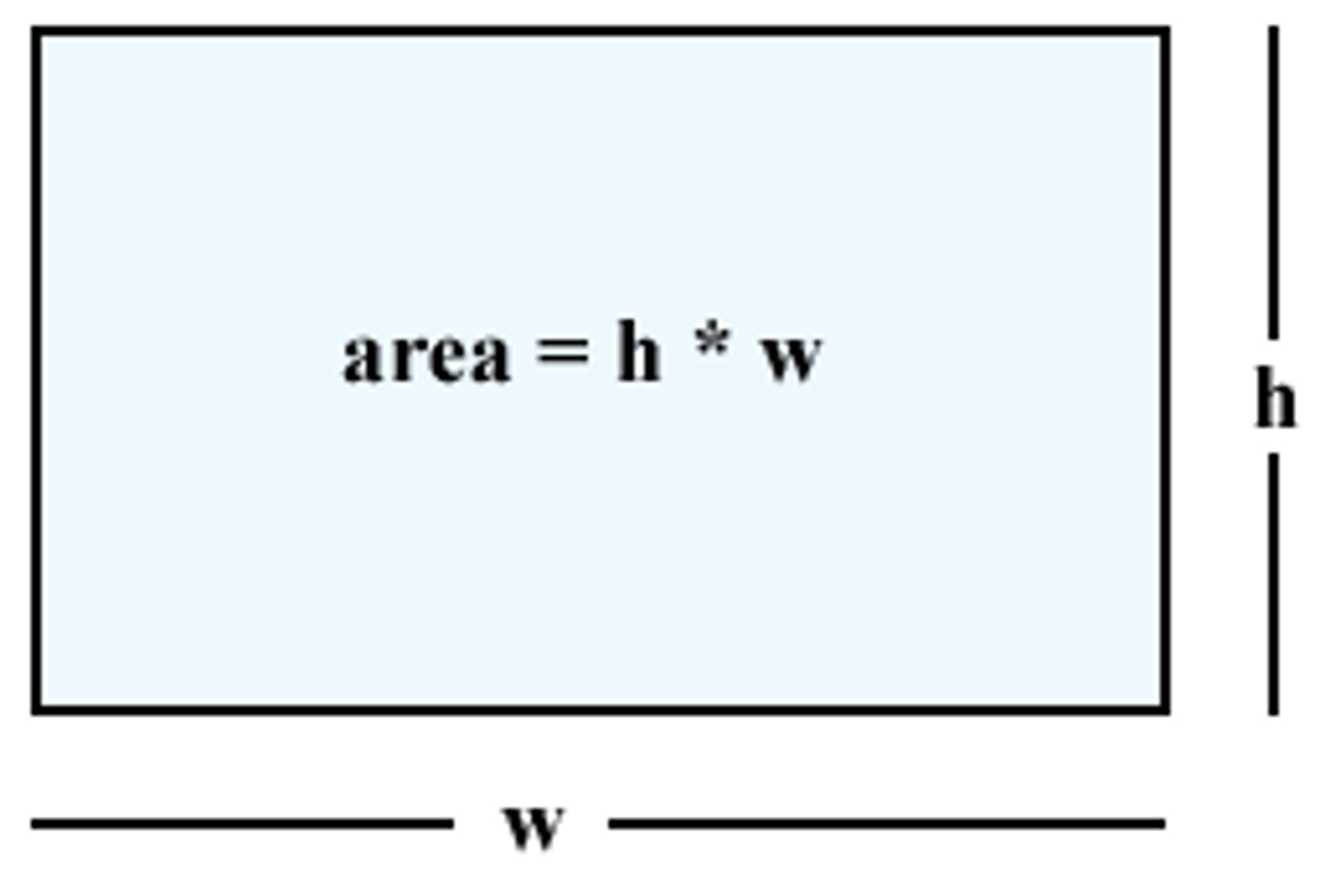
Perimeter of Rectangle
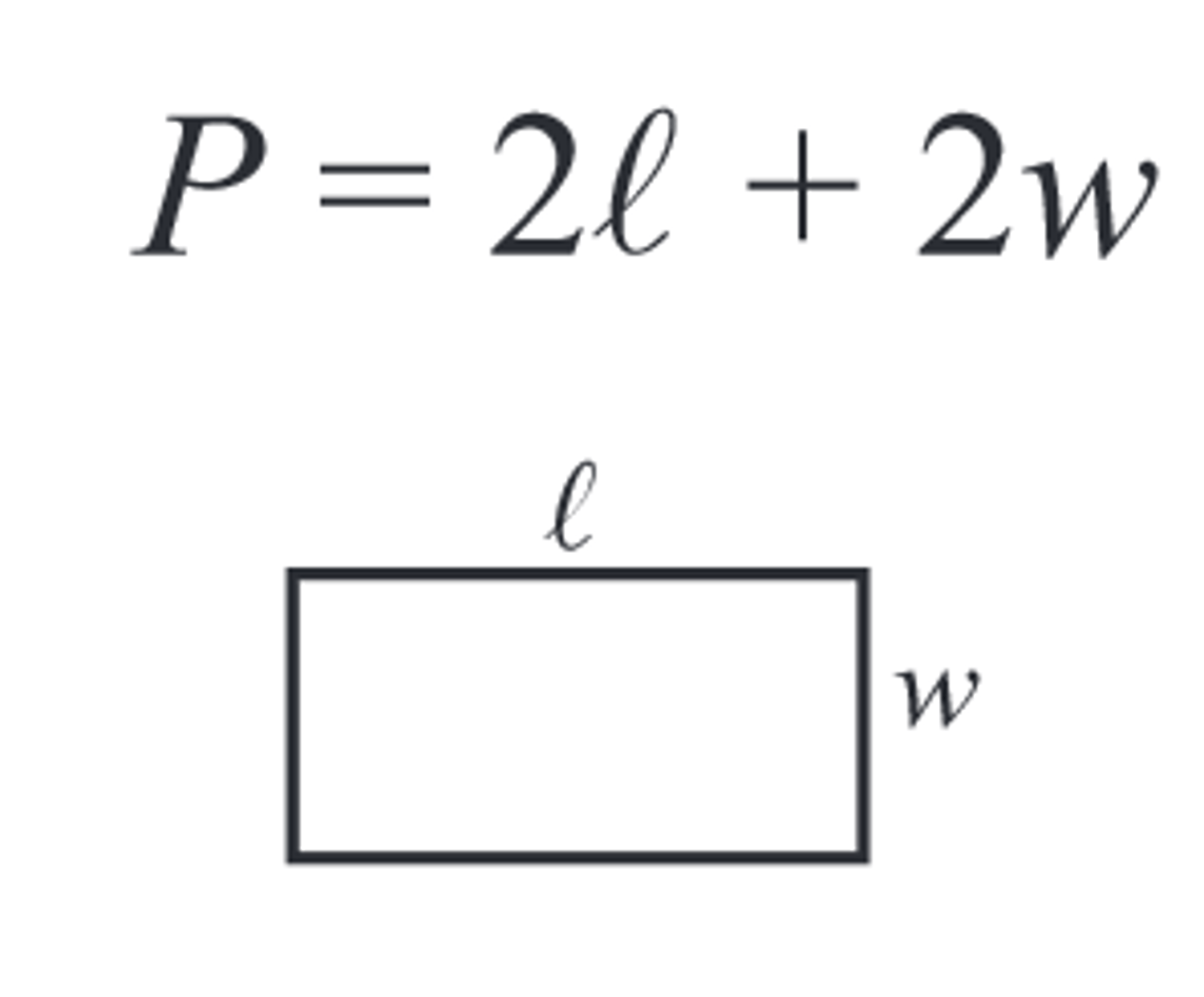
Area of Sector
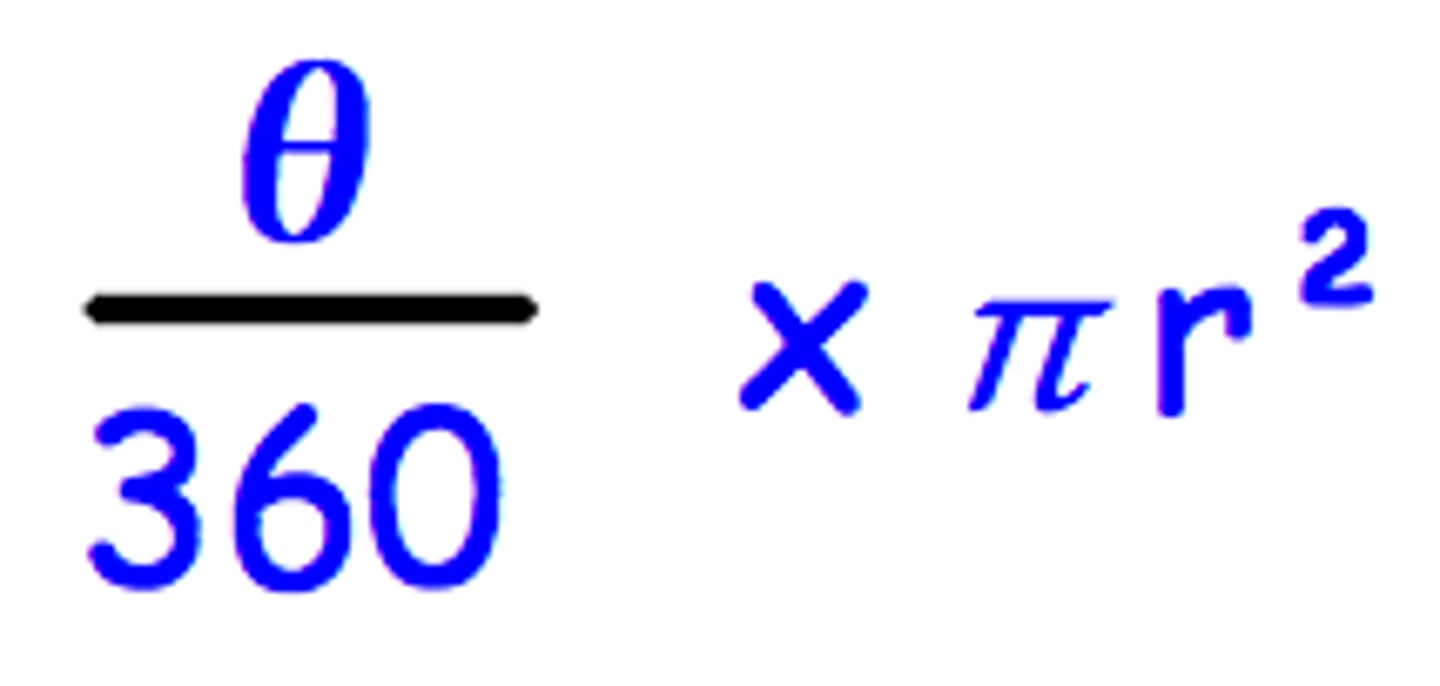
Perimeter of Sector
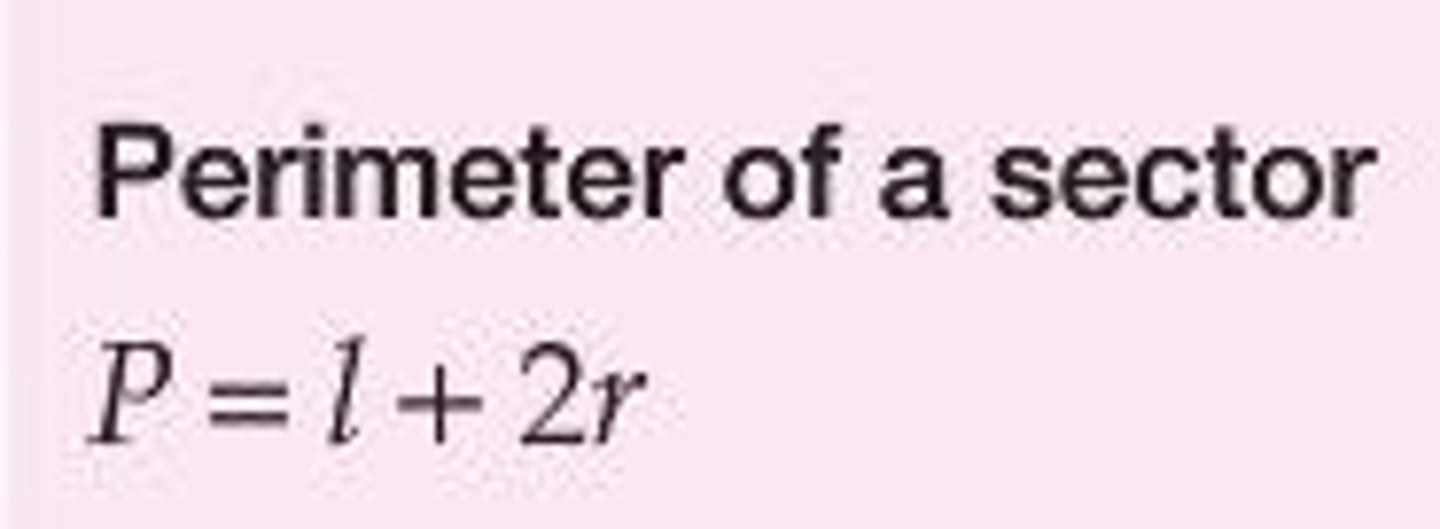
Distance Formula

Pythagorean Theorem
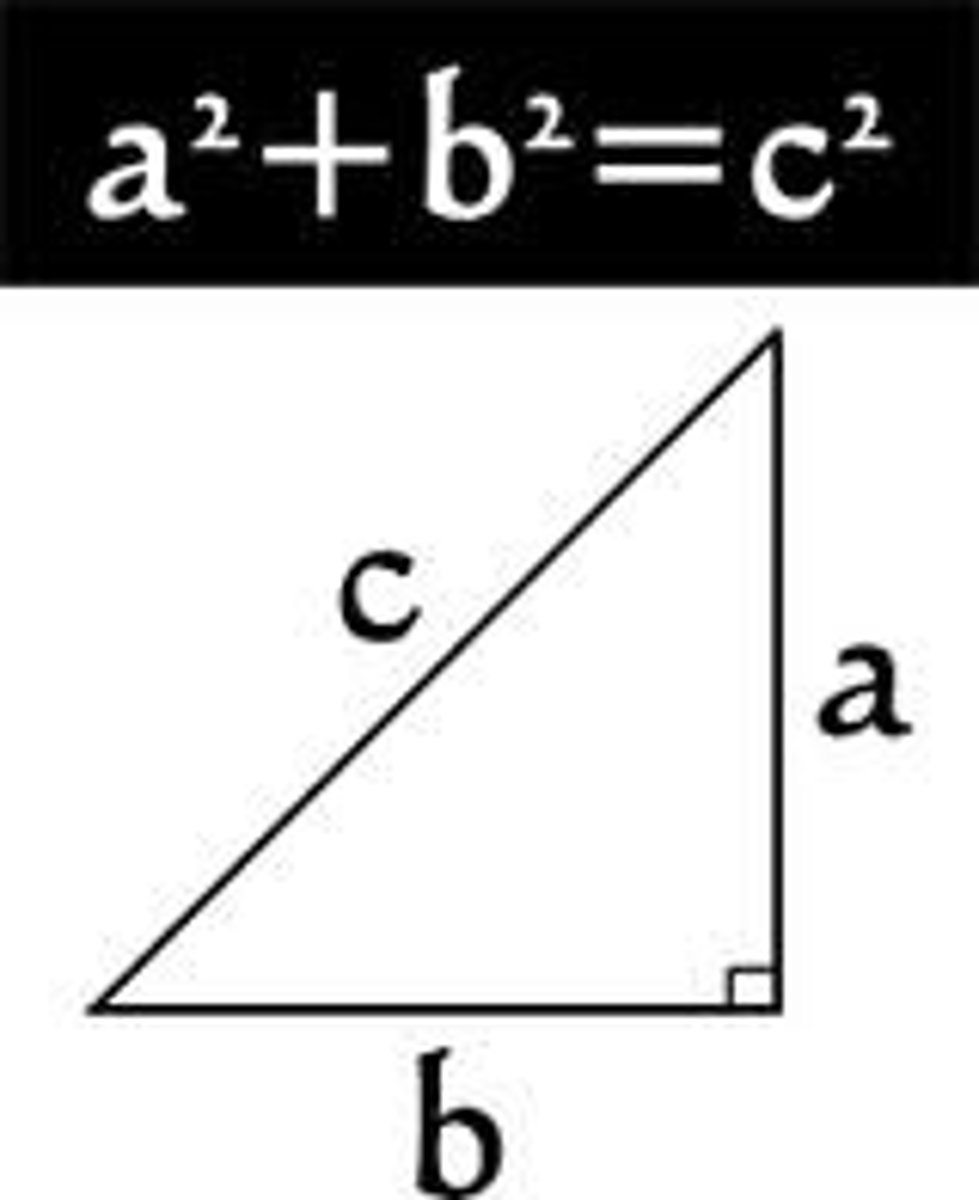
Properties of Logarithmic Functions
(See Cheat Sheet)
Properties of Exponential Functions
(See Cheat Sheet)
Trigonometric Identities
(See Cheat Sheet)
Limits
(See Cheat Sheet)
Properties of Similar Triangles
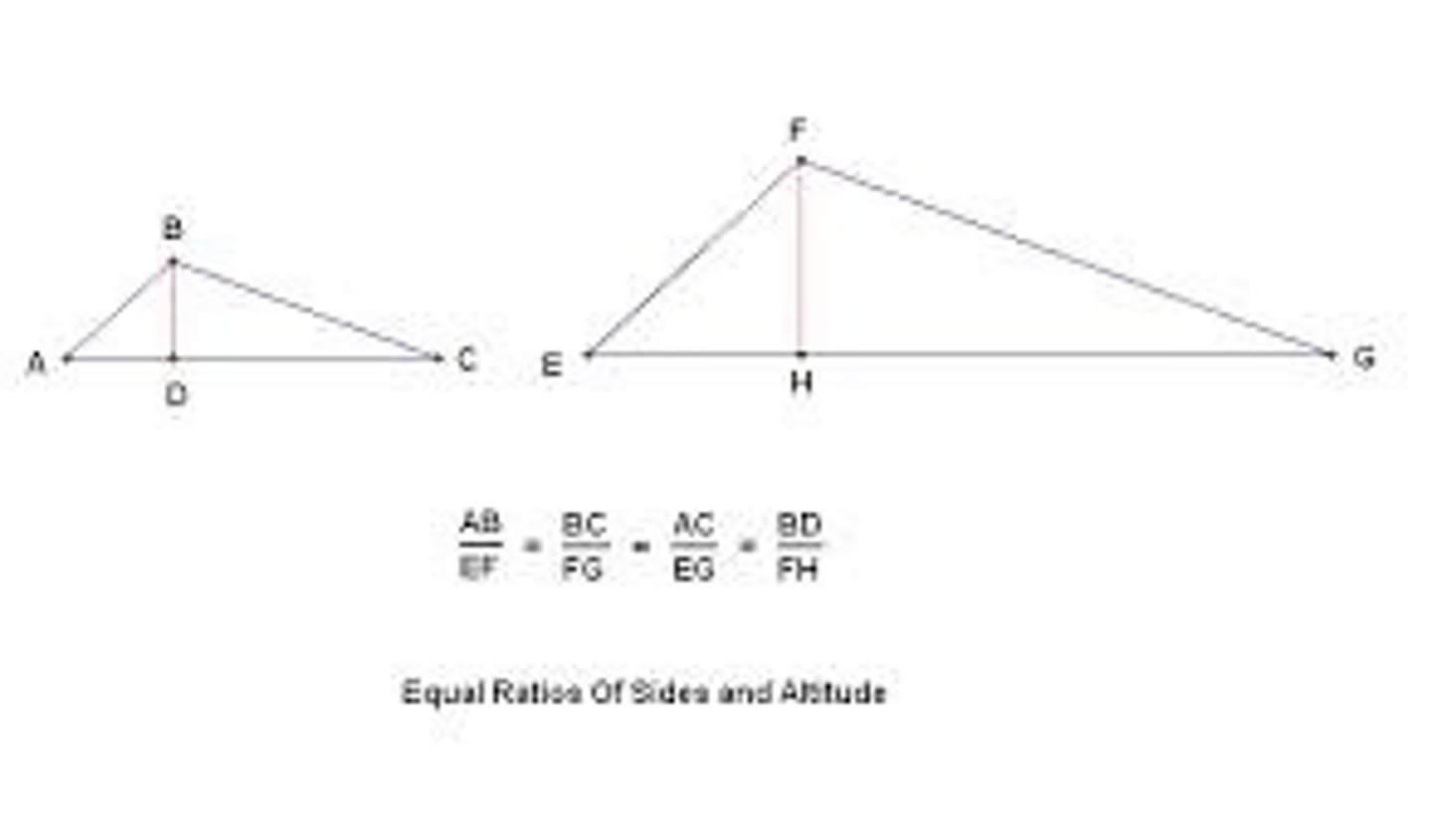
Derivatives
(See Cheat Sheet)
Applications of Derivatives
(See Cheat Sheet)
Integration
(See Cheat Sheet)
Rolle's Theorem
Suppose y=f(x) is a continuous function on [a,b] and differentiable on the interior (a,b), then there is a tleast one number in (a,b) such that f'(c)=0.
Intermediate Value Theorem
If f is continuous on [a,b] and k is a number between f(a) and f(b), then there exists at least one number c such that f(c)=k